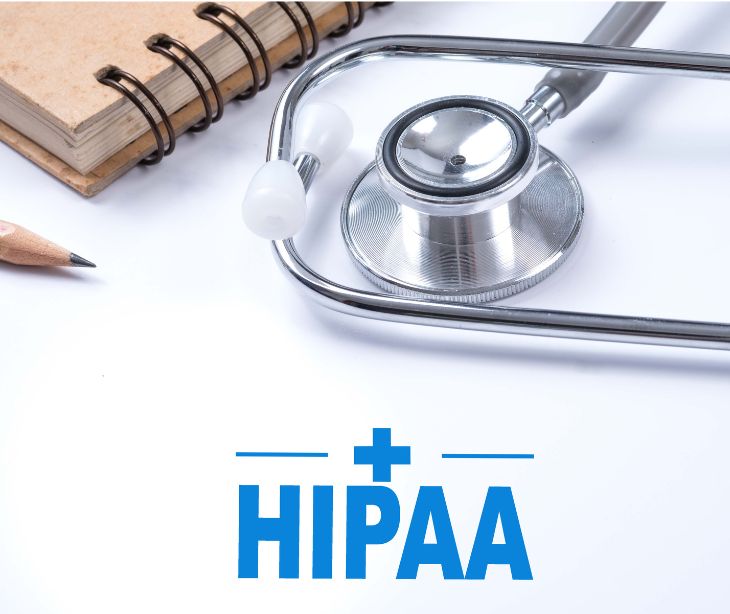2 min read
The HIPAA Privacy Rule to Support Reproductive Health Care Privacy
Liyanda Tembani
May 7, 2024

The HIPAA Privacy Rule to Support Reproductive Health Care Privacy, finalized in April 2024, strengthens privacy protections for patient information in reproductive health care. It prohibits the unauthorized use or disclosure of protected health information (PHI) for investigative or liability-imposing purposes related to legal reproductive health care.
Understanding the rule
The Final Rule modifies the Health Insurance Portability and Accountability Act of 1996 (HIPAA) Privacy Rule to bolster privacy protections for reproductive health care. In simpler terms, this rule prohibits covered entities, such as healthcare providers and insurers, from using or disclosing PHI related to legal reproductive health care for certain investigative or liability-imposing purposes. It establishes a presumption of legality for reproductive health care provided by entities other than the covered entity unless evidence suggests otherwise.
According to HHS Secretary Xavier Becerra, "The Biden-Harris Administration is providing stronger protections to people seeking lawful reproductive health care regardless of whether the care is in their home state or if they must cross state lines to get it. With reproductive health under attack by some lawmakers, these protections are more important than ever." This rule aims to mitigate potential infringements on patient privacy arising from legal or investigative actions related to reproductive health care. It seeks to reinforce patient-provider confidentiality and promote trust in healthcare services by imposing restrictions on the use and disclosure of PHI.
Related: How HIPAA applies to reproductive health information
Tips for compliance with the HIPAA Privacy Rule to Support Reproductive Health Care Privacy
- Understand and implement attestation requirements: Familiarize themselves with the attestation requirements outlined in the Final Rule. When receiving requests for PHI related to reproductive health care, obtain a signed attestation confirming that the request is not for prohibited purposes.
- Update Notice of Privacy Practices (NPPs): Revise NPPs to reflect the provisions of the Final Rule and communicate privacy policies clearly to patients. NPPs should address patients' rights regarding reproductive health information and provide information on how PHI is used and disclosed.
- Enhance authentication measures: Implement secure VPNs, multi-factor authentication, and encryption protocols to protect sensitive data from unauthorized access or breaches.
- Educate staff and patients: Train healthcare staff on the updated HIPAA Privacy Rule requirements, including attestation procedures and patient communication practices. Additionally, educate patients about their rights regarding reproductive health information privacy and the steps taken to safeguard their data.
FAQs
Does the HIPAA Privacy Rule apply to telemedicine services for reproductive health care?
The HIPAA Privacy Rule extends to telemedicine services, requiring healthcare providers to maintain patient privacy and confidentiality during virtual reproductive health consultations.
Are there exceptions to the prohibition on using or disclosing PHI for reproductive health care investigations?
The HIPAA Privacy Rule permits disclosures of PHI for investigations related to suspected child abuse or neglect, ensuring the safety and well-being of vulnerable individuals.
How can I ensure compliance when sharing reproductive health information with other healthcare professionals?
Healthcare providers must obtain patient consent or ensure PHI is de-identified before sharing reproductive health information with other healthcare professionals, maintaining compliance with HIPAA privacy regulations.
Subscribe to Paubox Weekly
Every Friday we bring you the most important news from Paubox. Our aim is to make you smarter, faster.




